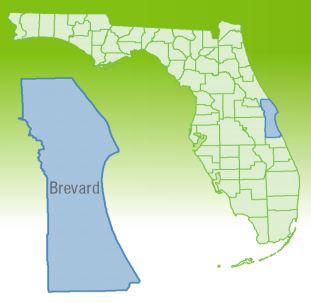Competing in the Online World of Real Estate
Today’s homebuyers are hungry for information—and they expect to get that information with a few quick taps on their smartphones, tablets or laptops.
By Wendy Forsythe
Today’s homebuyers are hungry for information—and they expect to get that information with a few quick taps on their smartphones, tablets or laptops. Reaching potential buyers where they are is critical—and buyers are online. So how can real estate agents compete in an increasingly competitive online world?
First, you have to be online in a real and transparent way. Consumers are not only looking for the details of the home they want to buy, but also the kind of agent and company with whom they want to work. If you’re not online, consumers aren’t going to find you or be able to validate your skills and expertise.
The second key to competing online is to create trust with the consumer. Creating trust in a digital environment can be tricky, but it starts with providing information in a timely and reliable way. When potential homebuyers are searching online, they frequently request more information and become leads. And it’s what you do with these leads that will differentiate you from the rest of the pack—and turn that potential homebuyer into a homeowner.
Although millions of online leads are generated every month, the vast majority of those leads never turn into sales. How can you avoid wasting these opportunities? Follow these three simple strategies:
1. Respond quickly
2. Follow up consistently
3. Set up contacts with e-alerts
One of the most critical elements of a successful online lead strategy is the response time. According to InsideSales.com, the success rate of making contact with a lead shoots up to 90 percent or more if the initial response is sent within five minutes of receiving the inquiry. Obviously, real estate agents cannot sit in front of their computers waiting for a lead to come in, but a quality customer relationship management system (CRM) will send email or text alerts so you can respond in a timely fashion.
Once you’ve made that initial contact, following up becomes key. Often, online leads are contacted only once and then forgotten. Successful agents know that persistence is critical. Do you reach out twice and then give up? Three times? Four? You might be surprised to discover that six is actually the magic number. According to Leads360.com, if you attempt to reach a lead at least six times, you will make contact 93 percent of the time. Six attempts may seem like a lot of follow-up phone calls and emails, but it can also mean a lot of business.
Finally, set up your online leads with a system of e-alerts. Let them know when a new house in their area or price range becomes available, or when interest rates hit a particular point. According to research, leads are two-and-a-half times more likely to contact you directly when they are on an e-alert system. And they are 15 times more likely to return to your website than those without e-alerts. Make potential buyers aware of the value you are offering, and they will turn to you when they’re ready to purchase a home.
Although the digital age is changing the way consumers buy homes, real estate agents must learn to harness all the potential that technology offers. With the right online strategy, CRM and consistent follow-through, agents can turn the river of online leads into a steady stream of business while meeting consumers’ expectations.
Wendy Forsythe is the executive vice president and head of global operations at Carrington Real Estate Services.
Reprinted with permission from RISMedia. ©2014. All rights reserved.






